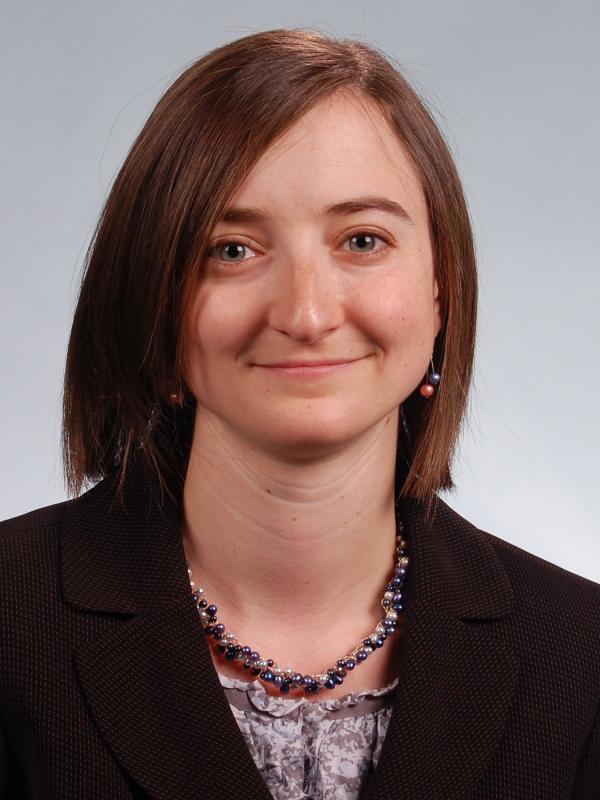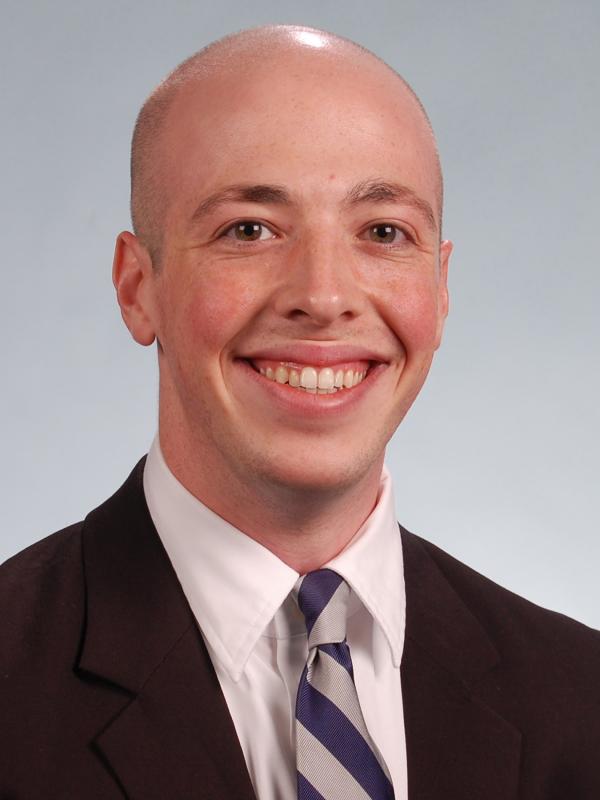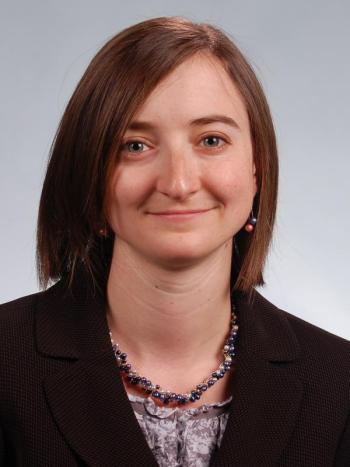Medical students find warm welcome at Lincoln County Healthcare
One of Maine Track Medical School student Will LaPlant’s first patients in the LincolnHealth Emergency Department was an elderly woman who had a cut on her face.
As a nervous LaPlant sutured the wound, the woman reassured him, telling him he was doing a good job, although she couldn’t see the wound herself.
A sense of support from both patients and medical staff is one of LaPlant’s strongest impressions of Lincoln County, where he and fellow third-year medical student Hillary Glick are working and learning with Lincoln County Healthcare physicians and other medical professionals from the area as part of the Maine Medical Center Tufts University School of Medicine Maine Track program.
“I love this environment,” said LaPlant. “You are not just a face in the crowd. It is so much easier integrating yourself into the community.”
Glick said she has been impressed with how accepting people are of her as a medical student.
“I didn’t expect the people to be so willing to let me into their lives,” she said.
The Maine Medical Center Tufts University School of Medicine program aims to address a critical shortage of physicians in rural Maine by bringing students with an interest in rural medicine to communities where they can develop the relationships that often lead them to return after they have completed their training.
Students work with mentor physicians and a panel of patients over the entire nine months of the program, following patients as they access care at different places in the health care system. In a more traditional curriculum, medical school students focus on specialties as separate units.
This is LincolnHealth’s third year of participation. The first year’s participants, Corina Hopkins-Vacca and Sarah Sedney, have graduated from medical school and entered family medicine and pediatric residencies.
Heather Wolfe, MD, Medical Student Coordinator, said, “the close relationships between mentoring physicians, an engaged health care team and a strong and supportive community create the ideal learning environment for students as they strive to become physicians who will provide patient-centered medical care.”
LaPlant said the importance of community in terms of how medical staff relate to each other was another observation from his time at LincolnHealth.
“I have been most impressed with the equal footing that everyone seems to be on. There is so much mutual respect. The work of the nurses and support staff is respected by the doctors,” he said.
Physicians also work hard at developing a rapport with patients, even in the emergency room where time is limited. LaPlant said understanding the patient as a person is important to him.
“You have to understand where the patient is coming from, what the patient values,” said LaPlant. “You can prescribe all the medications you want. You can prescribe the best course of treatment possible, but if they are not on board with it, it is not going to be effective.”
For Hillary Glick, the path to medical school started in a childhood in which science and medicine were a daily part of life.
Growing up in Portland, Glick’s father was a science teacher who often turned dinner into a science lesson and her mother worked at the Maine Children’s Cancer Program at Maine Medical Center.
When she was 10 or 11, she would go to work with her mother and wash dishes or play video games with the patients. At the time, she thought of the patients as “just normal kids,” she said.
Later, she grew to understand the challenges cancer patients face, especially when some of her own friends were diagnosed with cancer.
After college, Glick worked at the Dana-Farber Cancer Institute, a research and treatment center in Boston, Massachusetts for about five years, mostly in research. As much as she enjoys the science of medicine, that experience reinforced how important patient contact was to her.
She chose the Maine Track program because Maine has always been home.
At LincolnHealth, she enjoys the diversity of experiences, from assisting at surgery to rounding on patients in the hospital and assisting with physicals.
“My favorite part of this is being able to do everything and having so many chances to learn,” she said.
The St. Andrews Hospital Auxiliary and Miles Memorial Hospital League as well as generous community members have been instrumental in bringing Maine Track medical students to our community.
Event Date
Address
United States




























